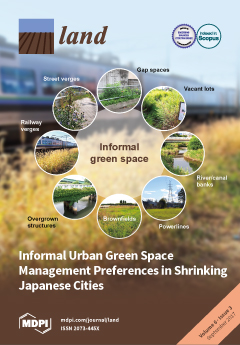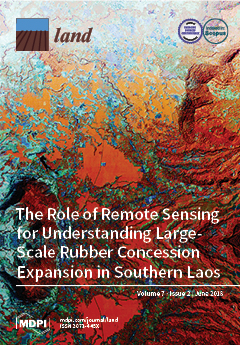Décret n° 2016-1386 du 12 octobre 2016 modifiant le décret n° 2001-1234 du 20 décembre 2001 portant création de l'établissement public foncier de Provence-Alpes-Côte d'Azur.
Le présent décret modifie les statuts de l'établissement public foncier de Provence-Alpes-Côte d'Azur pour tenir compte de la création de la métropole Aix-Marseille-Provence au 1er janvier 2016, qui couvre notamment le territoire de quatre communautés auxquelles elle se substitue au conseil d'administration de l'établissement. La métropole comptera ainsi quatre représentants, en remplacement de celui de la communauté urbaine de Marseille-Provence-Métropole et des trois communautés d'agglomération i) du Pays d'Aix, ii) de Salon-Etang de Berre-Durance et iii) du Pays d'Aubagne.




